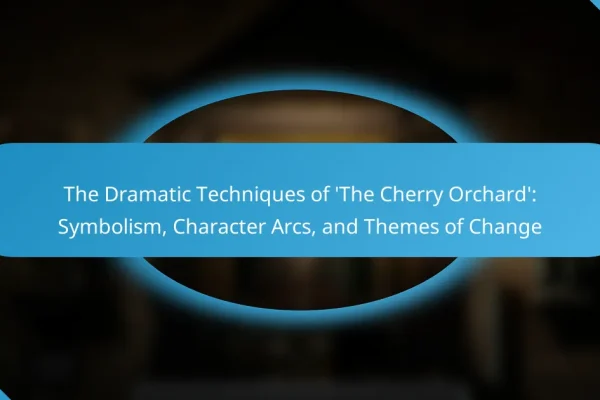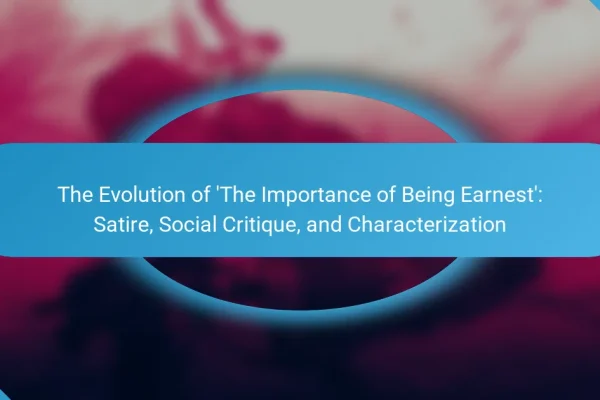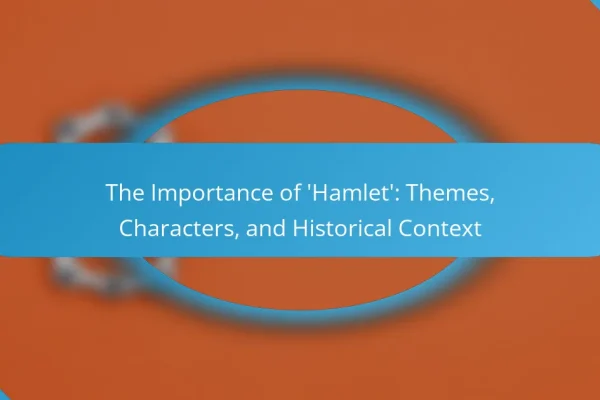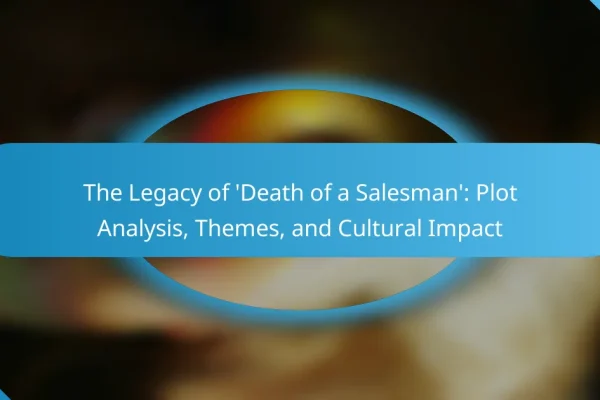
The Cultural Relevance of ‘Fences’: Racial Identity, Family Dynamics, and Historical Context
The article examines the cultural relevance of the play “Fences,” written by August Wilson, focusing on themes of racial identity, family dynamics, and historical context within the African American experience. It discusses how the protagonist, Troy Maxson, represents the struggle against systemic racism and personal aspirations in the 1950s, highlighting the impact of segregation and…






